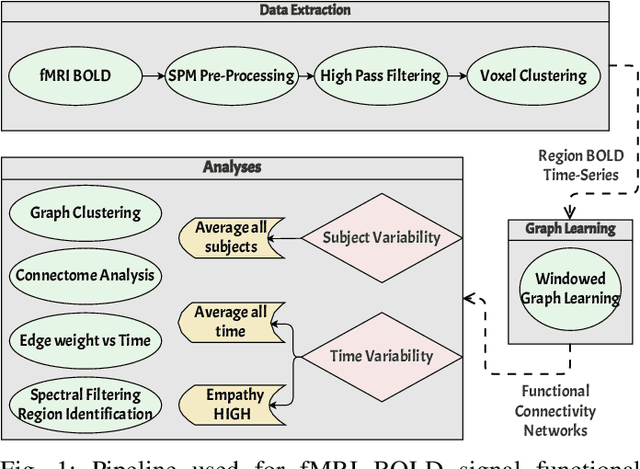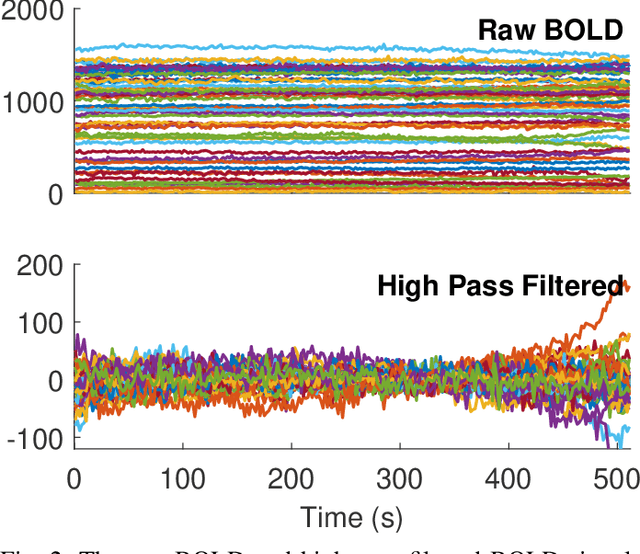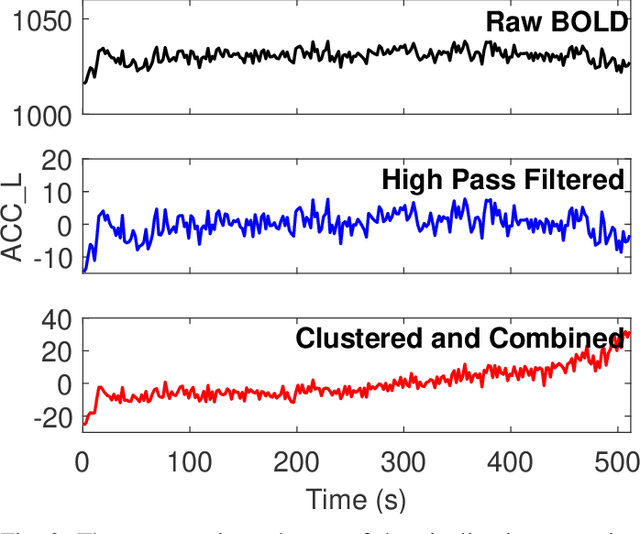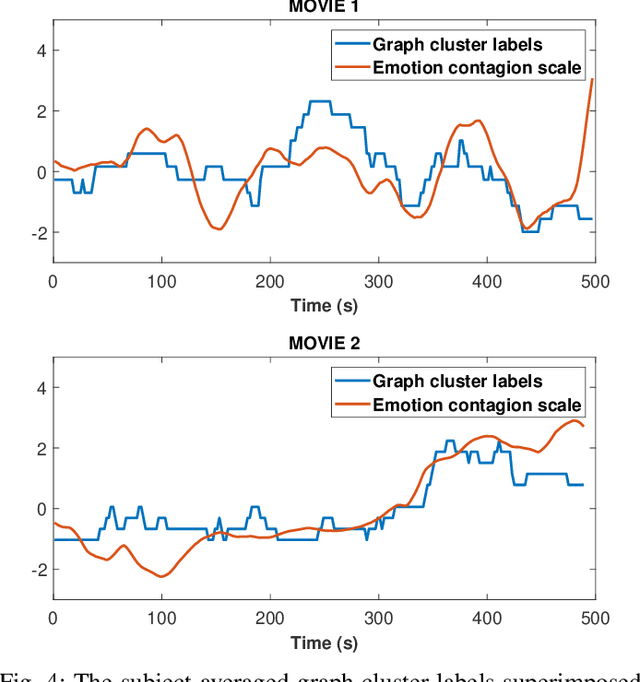Ayushi Agrawal
Cognitive Science Lab, IIIT Hyderabad
Psychological Effect of AI driven marketing tools for beauty/facial feature enhancement
Apr 13, 2025Abstract:AI-powered facial assessment tools are reshaping how individuals evaluate appearance and internalize social judgments. This study examines the psychological impact of such tools on self-objectification, self-esteem, and emotional responses, with attention to gender differences. Two samples used distinct versions of a facial analysis tool: one overtly critical (N=75; M=22.9 years), and another more neutral (N=51; M=19.9 years). Participants completed validated self-objectification and self-esteem scales and custom items measuring emotion, digital/physical appearance enhancement (DAE, PAEE), and perceived social emotion (PSE). Results revealed consistent links between high self-objectification, low self-esteem, and increased appearance enhancement behaviors across both versions. Despite softer framing, the newer tool still evoked negative emotional responses (U=1466.5, p=0.013), indicating implicit feedback may reinforce appearance-related insecurities. Gender differences emerged in DAE (p=0.025) and PSE (p<0.001), with females more prone to digital enhancement and less likely to perceive emotional impact in others. These findings reveal how AI tools may unintentionally reinforce and amplify existing social biases and underscore the critical need for responsible AI design and development. Future research will investigate how human ideologies embedded in the training data of such tools shape their evaluative outputs, and how these, in turn, influence user attitudes and decisions.
Graph learning methods to extract empathy supporting regions in a naturalistic stimuli fMRI
Mar 11, 2024



Abstract:Functional MRI (fMRI) research, employing naturalistic stimuli like movies, explores brain network interactions in complex cognitive processes such as empathy. The empathy network encompasses multiple brain areas, including the Insula, PFC, ACC, and parietal regions. Our novel processing pipeline applies graph learning methods to whole-brain timeseries signals, incorporating high-pass filtering, voxel-level clustering, and windowed graph learning with a sparsity-based approach. The study involves two short movies shown to 14 healthy volunteers, considering 54 regions extracted from the AAL Atlas. The sparsity-based graph learning consistently outperforms, achieving over 88% accuracy in capturing emotion contagion variations. Temporal analysis reveals a gradual induction of empathy, supported by the method's effectiveness in capturing dynamic connectomes through graph clustering. Edge-weight dynamics analysis underscores sparsity-based learning's superiority, while connectome-network analysis highlights the pivotal role of the Insula, Amygdala, and Thalamus in empathy. Spectral filtering analysis emphasizes the band-pass filter's significance in isolating regions linked to emotional and empathetic processing during empathy HIGH states. Key regions like Amygdala, Insula, and Angular Gyrus consistently activate, supporting their critical role in immediate emotional responses. Strong similarities across movies in graph cluster labels, connectome-network analysis, and spectral filtering-based analyses reveal robust neural correlates of empathy. These findings advance our understanding of empathy-related neural dynamics and identify specific regions in empathetic responses, offering insights for targeted interventions and treatments associated with empathetic processing.
 Add to Chrome
Add to Chrome Add to Firefox
Add to Firefox Add to Edge
Add to Edge